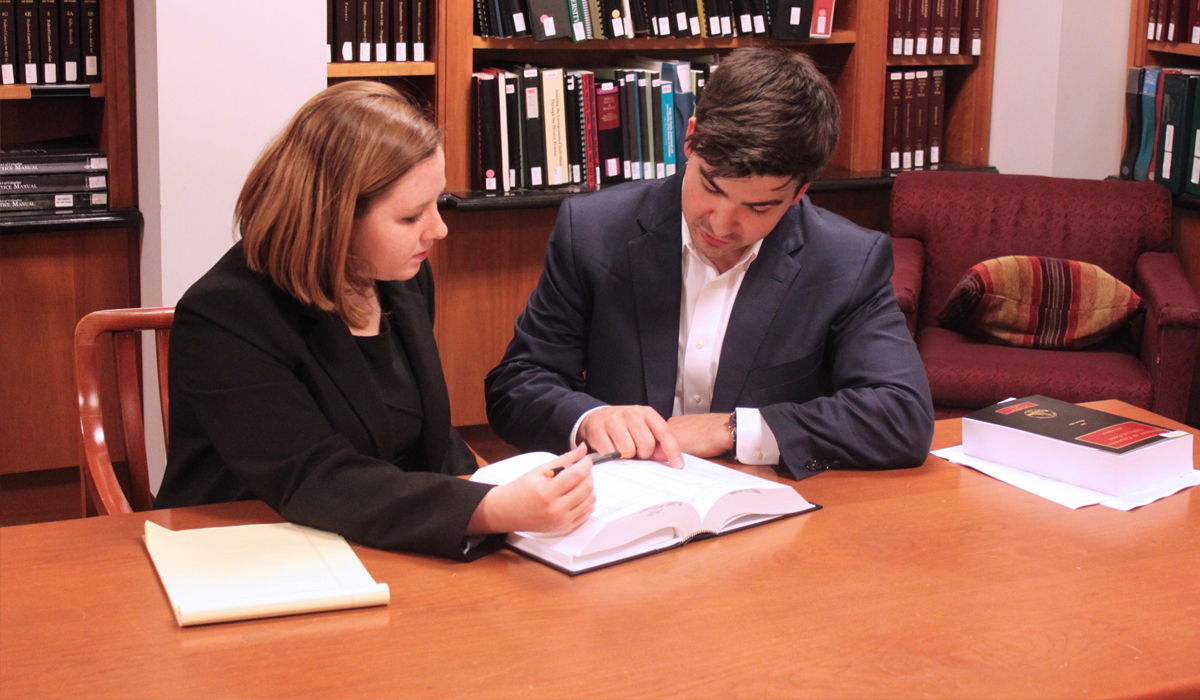Columbus Community Legal Services offers two clinical courses: the Immigrant and Refugee Advocacy Clinic; and the Families and the Law Clinic.
Immigrant and Refugee Advocacy Clinic
The Immigrant and Refugee Advocacy Clinic (IRAC) offers students the opportunity to represent, under the supervision of a clinic attorney, immigrant and refugee clients living in D.C., Virginia, and Maryland. IRAC handles bond hearings in Arlington Immigration Court, affirmative asylum cases, employment authorization, naturalization, and Board of Immigration Appeals matters. Students present their clients’ cases in immigration court or advocate on behalf of clients with local and federal administrative agencies. IRAC partners with nonprofit organizations to remotely assist individuals in detention centers around the country. IRAC students also participate in limited legal assistance projects or policy reform initiatives at the local and federal levels.
Families and the Law Clinic
The Families and the Law Clinic (FALC) is designed to help students develop lawyering skills through practical experience, to take on cases of domestic violence, family law, and immigration law. By representing persons who would otherwise proceed pro se, FALC students gain hands-on experience while learning the dynamics of domestic violence and poverty.

